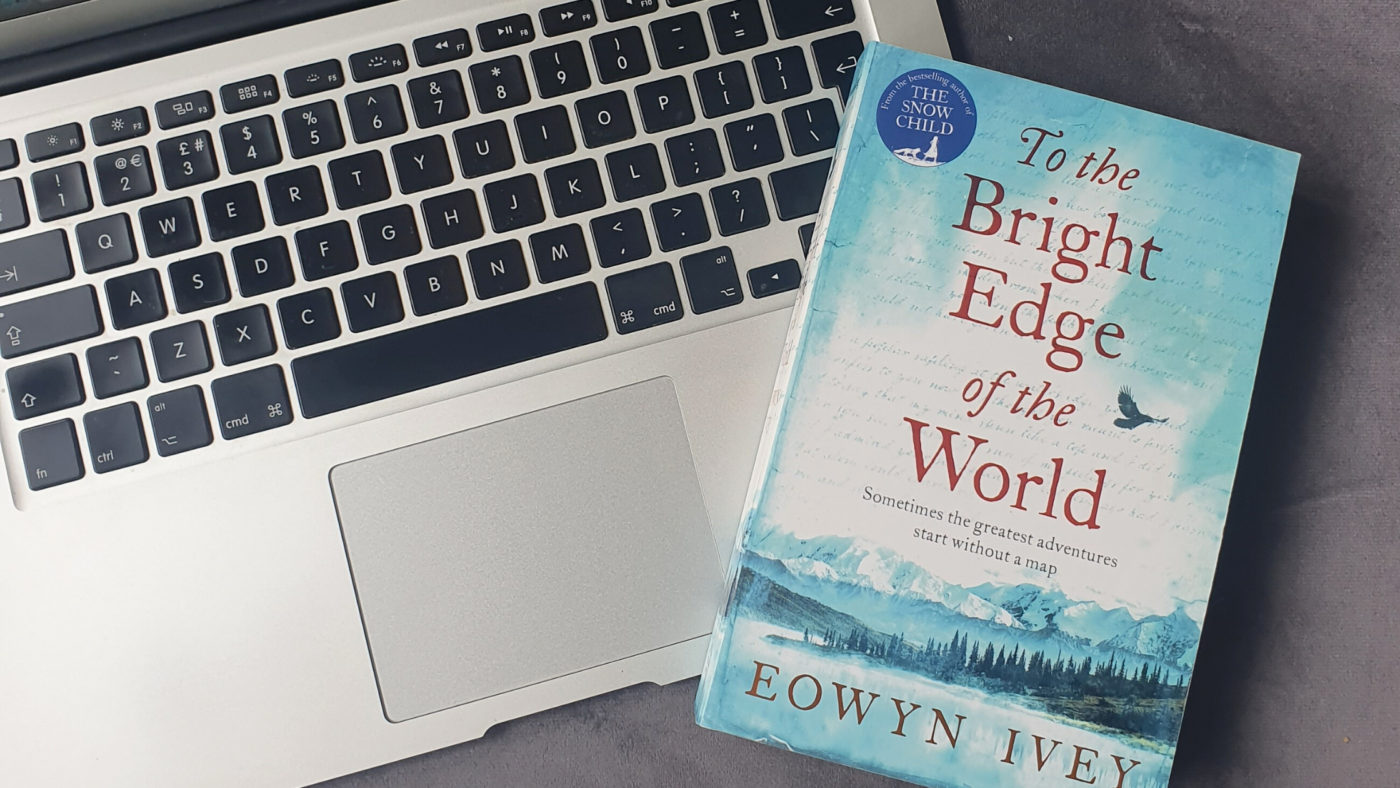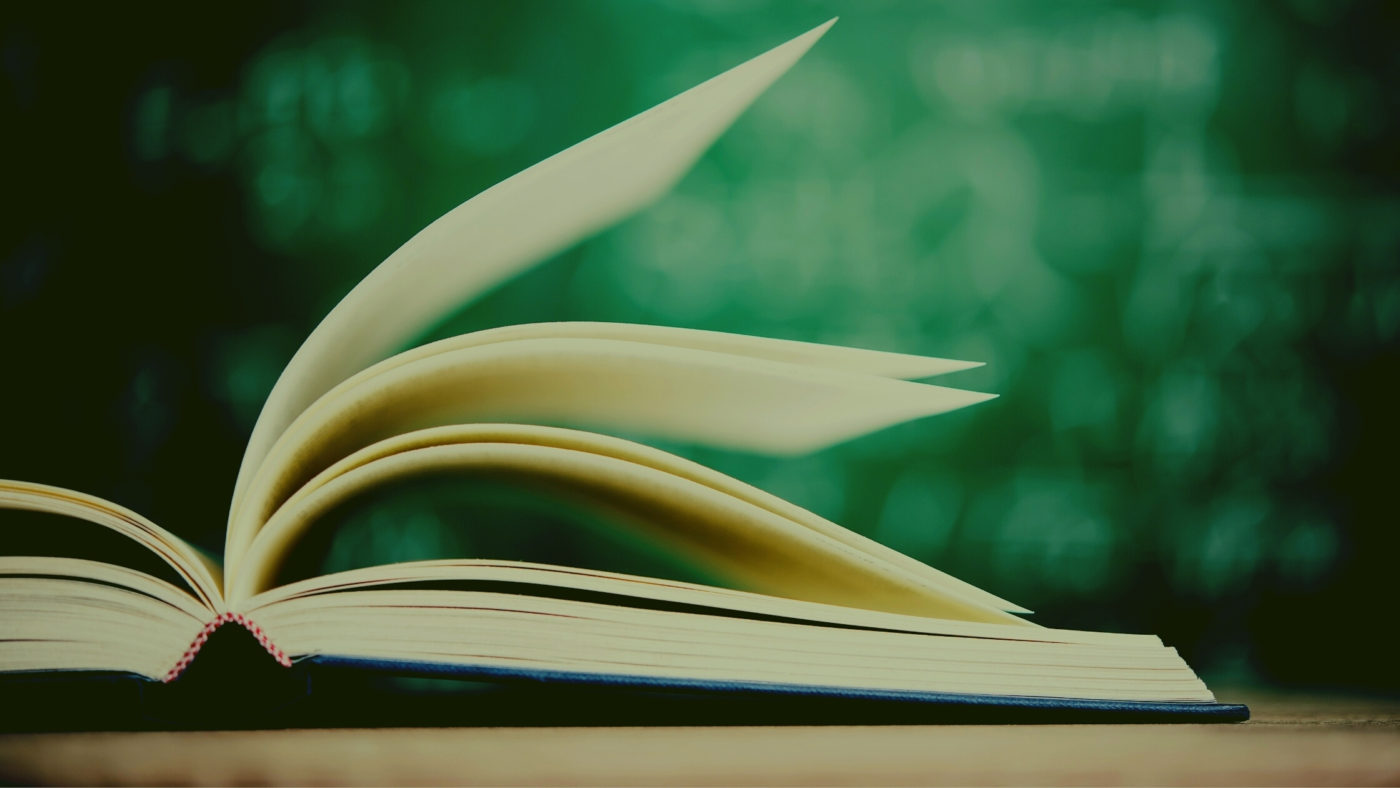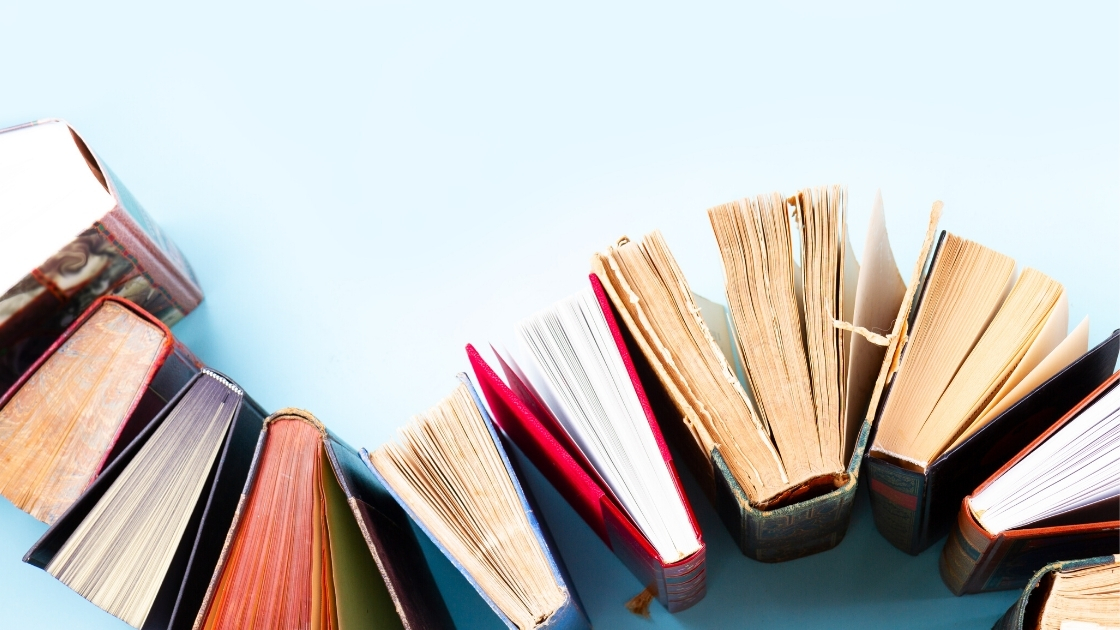First up, research. While my advice as based on historical fiction, these tips should be useful for any type of novel that needs further detail, for example crime and thriller novels. Research is a big topic, so this is the first part of two.
Not so much a rabbit hole, but a canyon
Researching Kololo Hill was unusual because there aren’t many books or first hand resources on the Ugandan Asian expulsion. Yet somehow, I still managed to spend a lot of time and wasted energy researching things that weren’t remotely necessary (if you want to know the distance between Entebbe and Jinja, I’m the person to ask)! It was all too easy to put off getting on with a first draft and telling myself I needed to do more research. So at some point, you have to get yourself out of the research rabbit hole and write something. Which takes me onto my next point…
Research – write – research
I’ve now learnt to be much more efficient with my research. There is no need to read the entire 500 year history of a country three times over before you write a word! Research (which doesn’t have to just mean reading books – more on this next time) enough to understand the historical and/or political context and a feel for the setting before you start writing. You can always make notes in the margins as you go and then go back later. Research the little details – from the way a button made of bone feels to the road by laws of Outer Mongolia in 1932 – after you’ve written a first draft.
Research is like an iceberg
No, this doesn’t mean the research is going to destroy your novel as if it’s the Titanic! Although there were things I wished I’d not bothered researching, some things were necessary simply to understand the period and to be able to write about it well enough that I didn’t have to refer to research notes for every little thing.
First and foremost, people want to read a novel and connect with fictional characters, they don’t need to know every little fact and figure about setting or period. If they do, they can read a history book or travelogue. I learnt that the extra research earned its keep in the smaller historical details that give a freshness and authenticity to your story. Everyone knows that there were rations during World War 2, but was there something unexpected that was rationed that we might not have known about? Try to bring something new to the historical setting that we’ve not read before.
‘History is written by the victors’
This quote is attributed to Churchill but actually pre-dates him (this is what happens when ‘when history is written by the victors’, I guess). It has a different meaning for those of us from underrepresented backgrounds. Even if you’re not, it’s important to read different perspectives, not just those of the ‘victors’. So for example, for the book I’m currently writing, I’m reading books written by Westerners as well as Indians, often, the perspective are at complete odds with each other. This can also highlight interesting conflict and tension for your story.
Read novels to get a feel for period & setting
It’s most useful to read novels set in the same period that you’re writing in, particularly comtemporary authors who lived through the things you’re writing about, to give you a feel for the time. They shouldn’t be used as a research means as such, but it can be interesting to see how other authors tackled the topic. If you find that a lot of authors have used the same details in their novels, see this as a chance to hunt a little harder and find the nuggets of gold that a reader might not know about. Still, even this is not without its pitfalls. Some things sound unbelievable, even when they’re true. Did you know that ‘sopha’ was a word used in Georgian times? We know it better as a ‘sofa’!
Research reading list
The Tenderness of Wolves by Stef Penney
The research that author Stef Penny did for this Costa Award winning novel set in 1860s northern Canada is quite extraordinary. At the time that she wrote it, Stef Penney suffered severe agoraphobia. It took her two years before she could even get a bus to visit the British Library for her research. She never visited Canada but was able to vividly recreate the bleak landscape through maps and historical documents, highlighting how we can faithfully recreate worlds through meticulous research.
People Like Us by Louise Fein
This wonderful novel recreates World War 2 Germany in all its horrors, but never lets the history overshadow the personal stories of those affected by the Holocaust. The author used a variety of sources as well as reading Mein Kampf to help understand the psychology that led to some of the darkest moments in history. It’s a brilliant example of how to ensure the novel doesn’t become expositional, even when weaving research into the story.
What’s Left of Me is Yours by Stephanie Scott
This evocative novel transported me completely and entirely to Japan, from the delicious food to the complicated and fascinating world of wakaresaseya, the practice of hiring someone to seduce your spouse to affect a faster divorce. The author was able to secure research funding from the British Association of Japanese Studies to finance a trip to Japan and it shows. The writing is sublime and the story is authentically brought to life through a myriad of beautiful details.
Next time I’ll talk more about the different types of research beyond books and documents that can bring richness to your writing as well as the surprising way technology can help manage all the information we gather. In the coming weeks, I’m going to be talking about all the aspects of writing a novel, from finding inspiration to making time to editing.
- Don’t forget to subscribe to this blog to make sure you’re the first in the know.
- I’ll be doing an exclusive first look video each week with even more novel recommendations on Instagram.
- I’d love to hear what you think of these tips so say hello here or follow me on Instagram or Twitter.







